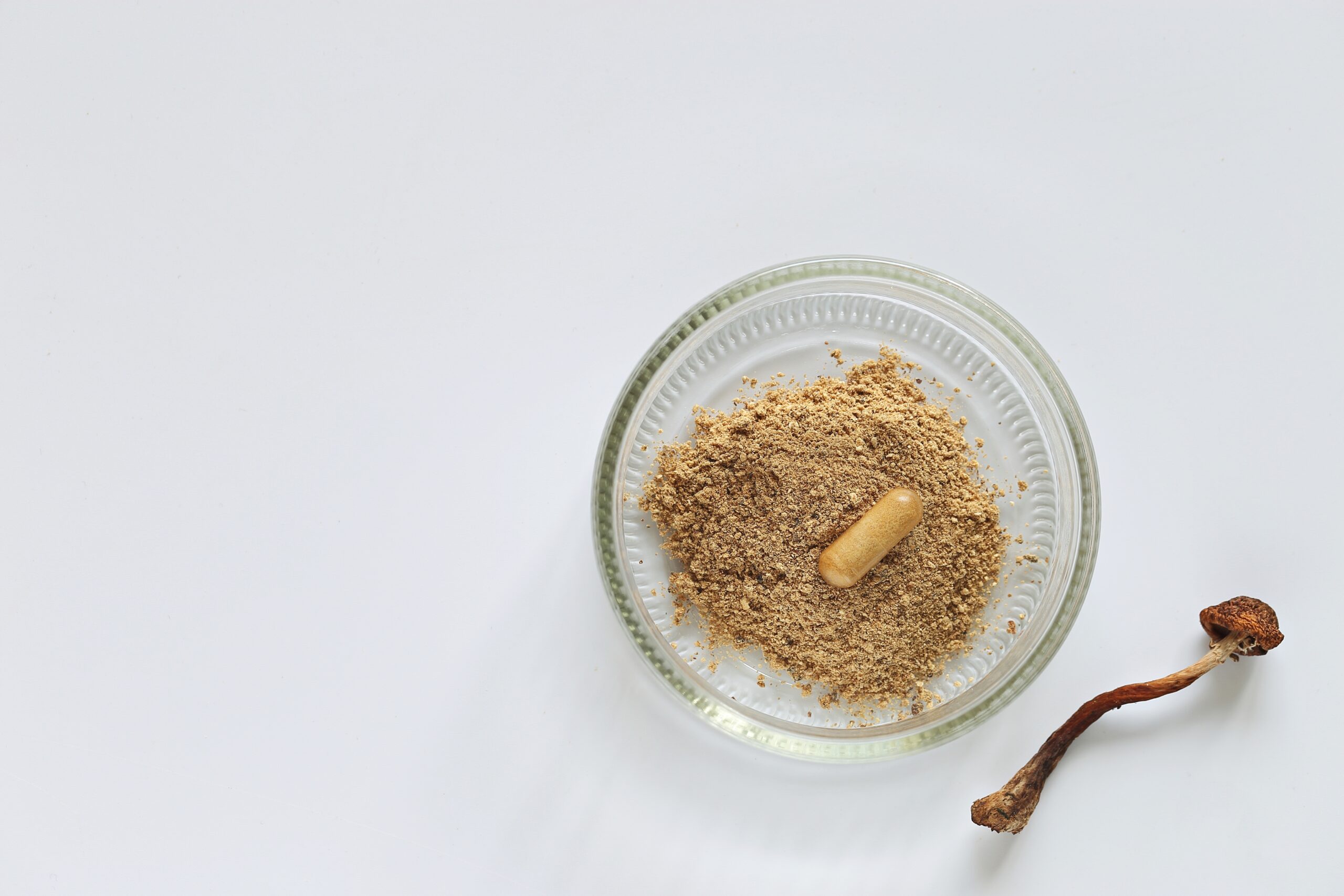Midlife Professionals, Occupational Stress and Addiction

You’re successful in your career, but success may come at a price if you find your work continually stressful. Occupational stress is a common occurrence for many who enjoy rewarding professional lives. Problems at work, high performance demands and complex work relationships all contribute to occupational stress.
When your workplace adds stress to your life, you may seek relief in ways that aren’t healthy. Drinks after work, a sedative to sleep, a pill to calm your nerves, all could easily become habit-forming. Without realizing it, you’ve come to depend on substances to function on a daily basis. Once an addiction forms, willpower alone is not enough to stop. It’s time to seek discreet professional help to recover.
Are You Stressed?
Examine the following factors to determine if you’re stressed. Dangerous stress responses include:
- Feelings: anxiety, sadness, irritability, fatigue
- Behavior: isolation, aggressiveness, loss of motivation
- Thought: concentration problems, difficulties in problem solving
- Physical: heart palpitations, nausea, headaches, gastric distress, panic attacks
Unaddressed stress responses can result in nervous and cardiovascular system changes, leading to autonomic and immune response problems. Stress left untreated may also cause mental health problems, such as anxiety or depression. Seeking relief from symptoms may lead to bad habits or substance abuse, which are pathways to addiction.
Addiction
Addiction is one of the leading health problems in the U.S. and contributes to the deaths of 90,000 Americans each year.1
Addiction can take many forms, such as:
- Alcohol abuse
- Drug abuse
- Food addiction
- Gambling problems
- Workaholic behavior
Addiction and Occupational Stress
If you find yourself regularly stressed because of job pressures, you’re not alone. Many people feel agitation from their jobs. People in midlife are especially vulnerable to occupational stress factors simply due to the number of years of exposure. Stress takes its toll, and mental health suffers. One study found that 73 percent of law enforcement personnel in their 50s, with more than 25 years on the job, had an addiction problem.2
Don’t be embarrassed or ashamed if you’ve developed an addiction as a result of job stress; it happens to the best of us. Instead, focus on getting the help you need to recover.
Getting Help for Addiction
Inpatient treatment at a specialized facility, catering to the needs of midlife professionals, may be your best option. You’ll be separated from work, but are away from the temptations of addiction as well. Inpatient rehab gives you the opportunity to concentrate solely on your recovery.
During your recovery, you’ll receive addiction education and healing therapies and learn new coping skills, which will all prepare you for a fresh start in both your home and work life. Treatment gives you a healthier perspective, a renewed resolve to stay sober and the skills to avoid negative habits that can impede your progress.
You’ll come away with a home/work balance plan to follow after treatment. The plan helps prevent relapse when you re-enter independent living and return to work.
Moving Forward in Recovery
You’ll return to work equipped with skills and coping mechanisms for dealing with occupational stressors. Be sure to devote time to hobbies, and keep your organizational skills sharp to reduce stress. Exercise regularly and practice relaxation techniques, such as yoga and meditation, to keep stress levels low. Most importantly, maintain the right attitude toward your job, so stress and addiction don’t return.
References:








